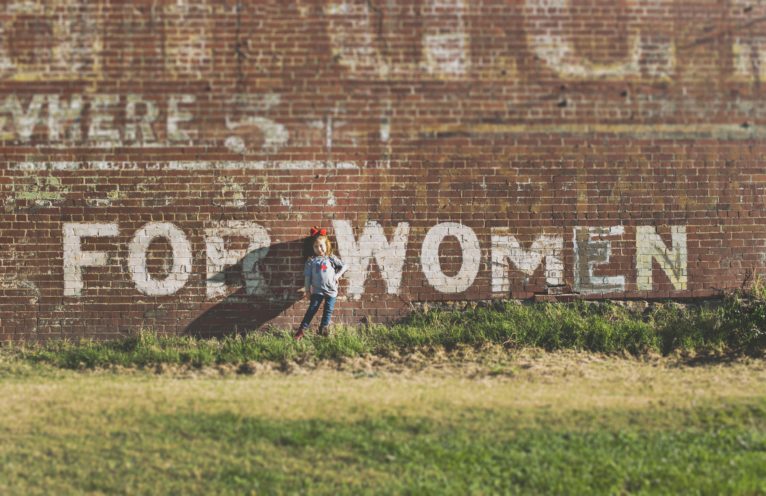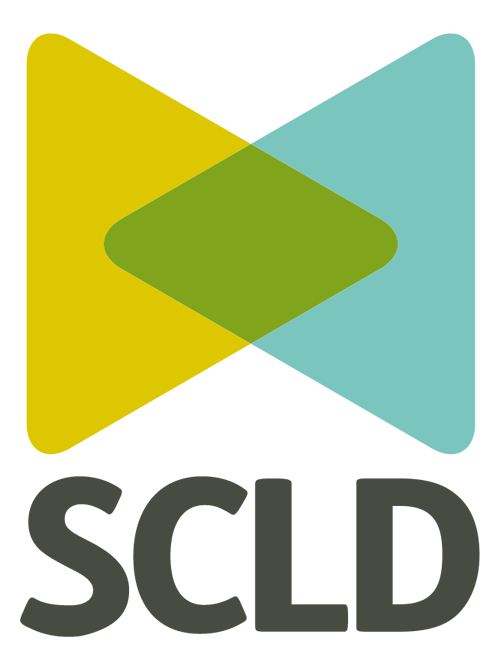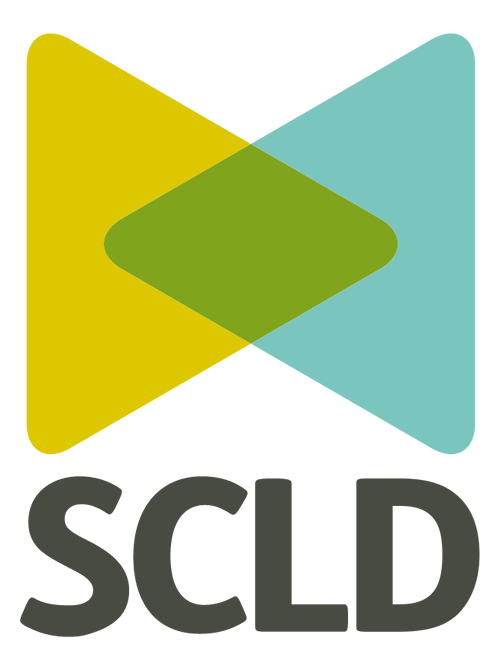
Leave no woman behind – women with a learning disability and #IWD2020
On International Women’s Day 2020 we asked Eilidh Dickson, Policy and Parliamentary Officer at Engender for her thoughts on what still needs to be done to uphold the rights of women with learning disabilities in Scotland…
The 8th of March marks International Women’s Day 2020. This day is an important marker for us to reflect on progress, yet far too often the vision of progress excludes the most marginalised women. Our advocacy for women’s rights must shine a light on how groups, including disabled women, see their rights restricted even further and ensure that their voices and experiences are heard.
This year we reflect on progress following our 2018 report ‘Our Bodies Our Rights’ which outlines disabled women’s experiences of sex, reproductive rights, parenting, experiences of gender-based violence and the services that support them. We found that disabled women in Scotland face additional barriers to accessing their rights because of stigma, stereotyping, inaccessible services and healthcare facilities that lack appropriate aids. We also found that training, policy, and guidance ignores the very existence of disabled women.
We also found that training, policy, and guidance ignores the very existence of disabled women.
Engender worked in partnership with Inclusion Scotland and the Scottish Disability Equality Forum to make the case that Gender Matters in Disability. As we began scoping our research, we quickly found that nearly all relevant Scottish Government policy frameworks at this time made little reference to disabled people’s sexual and reproductive health.
The ‘Our Bodies Our Rights’ project began with a focus on disabled women’s perspectives on how services supported them to parent and have good sexual health and wellbeing. We wanted to know what was being done well and what was missing. We wanted to hear how women thought things could be improved. To do this we:
- Convened an advisory group of disabled women to set the direction of the project and to advise us on practicalities like accessibility and easy-read language
- Hosted two large consultation events to bring disabled women together to talk
- Conducted a survey of disabled women
- Held two focus groups facilitated by researchers at the University of Glasgow
Throughout the project, women spoke of facing negative assumptions and stereotyping, the removal of children into care, forced terminations, sterilisation, and infantilising treatment. This profoundly impacted on their ability to make decisions about their relationships and family life.
Women told us that they had not had sex education at school. One woman told us that no-one discussed contraception with her until after she was pregnant with her third child. She said that gaining control over her reproductive rights transformed her life.
Women who wanted to have children faced resistance from professionals and assumptions that they could or should not have children. Services were inaccessible and unwilling to accommodate their needs. We heard women who had experienced traumatic births because of the total lack of appropriate communication. Women spoke of being taken for emergency caesarean surgery without anyone telling them what was happening. The lack of support for disabled women as parents was very evident with nearly every woman that had raised children feeling that they were under intense scrutiny.
We found that there is research which supports these concerns. Best available studies show that the rates of removal for children from their parents with learning disabilities are between 40% to 60%. This evidence was highlighted in a report commissioned by the Scottish Commission for people with a Learning Disability (SCLD) in 2016, ‘Supporting Parents with Learning Disabilities: Challenges and Opportunities’. Other research has also indicated that disabled women are up to twice as likely to experience sexual and partner abuse as non-disabled women.
Since the publication of the report, we have seen its message embraced across the Scottish Government, Parliament, public bodies and many frontline workers, all of whom recognise a need to work together to make radical and rapid improvements.
We’ve seen the creation of a national network for practitioners working with young people with learning disabilities where topics around sex and healthy relationships have been discussed and incredible learning shared. The Scottish Government’s The Keys to life strategy has been updated to include, Gender-Based Violence, Family Support and Relationships. There is work underway to undertake accessibility audits of NHS premises. Work has also begun to establish the number of disabled parents in Scotland and disaggregate data collection by gender and by impairments.
However, so much of this progress has depended on the hard work of diligent advocates and we’ve seen little progress on many of the other recommendations. Warm words of support and desire to see change will not of themselves lead to the support that is needed for disabled women to access their rights over contraception, sex, abortion, medical care, to parent and to live a life free from men’s violence.
Warm words of support and desire to see change will not of themselves lead to the support that is needed for disabled women to access their rights over contraception, sex, abortion, medical care, to parent and to live a life free from men’s violence.
We recognise that ‘Our Bodies Our Rights’ has led a year of important conversations. We now want to see action that takes forward the nearly 40 substantive recommendations. We look forward to working with several key stakeholders including, but not limited to The Scottish Government and SCLD, to ensure this happens as we move forward.
Eilidh Dickson
Policy and Parliamentary Manager, Engender


